Market Share
China Modular Construction Market Share Analysis
In the dynamic and rapidly growing landscape of the China Modular Construction Market, companies deploy a range of market share positioning strategies to gain a competitive advantage and meet the increasing demand for efficient and sustainable construction solutions. A fundamental strategy revolves around technological advancement. Companies invest in research and development to enhance modular construction techniques, emphasizing innovations such as advanced manufacturing processes, automation, and digital technologies. By staying at the forefront of these advancements, brands position themselves as leaders in providing faster, cost-effective, and environmentally friendly construction options, appealing to developers, contractors, and government entities seeking to accelerate construction timelines and reduce environmental impact.
Pricing strategies play a pivotal role in determining market share within the China Modular Construction Market. Some companies adopt a cost leadership approach, positioning their modular construction solutions as economically viable alternatives to traditional construction methods. This strategy resonates with developers and construction firms looking to optimize project costs without compromising quality. Conversely, premium pricing strategies focus on positioning modular construction as a high-end, technologically advanced option. Brands that emphasize superior design flexibility, customization, and innovative features target clients who prioritize architectural aesthetics and unique building specifications, even at a higher upfront cost.
Effective marketing is essential for market share positioning within the China Modular Construction Market. Companies invest in comprehensive marketing campaigns to showcase the benefits of modular construction, including speed of delivery, reduced waste, and scalability. Engaging content through digital platforms, industry events, and partnerships with real estate developers and construction associations helps build brand visibility and credibility. Marketing efforts that highlight successful modular construction projects, cost efficiency, and the ability to meet stringent quality standards contribute to influencing stakeholders in the construction ecosystem.
Optimizing distribution channels is integral to market share positioning. Establishing partnerships with real estate developers, construction firms, and government agencies ensures that modular construction solutions are considered for a wide range of projects. Additionally, collaborations with financial institutions and project management consultants contribute to increased visibility and accessibility, aligning brands with the broader industry shift towards modular construction.
Strategic collaborations and partnerships within the China Modular Construction Market are instrumental in market share positioning. Aligning with architectural firms, engineering consultants, and urban planning authorities allows companies to leverage complementary expertise. Collaborations can lead to innovative design solutions, improved construction techniques, and joint efforts to streamline regulatory processes related to modular construction.
Sustainability has become a key factor in market share positioning within the China Modular Construction Market. With heightened awareness of environmental impact, brands that prioritize sustainable building materials, energy-efficient designs, and eco-friendly construction practices gain favor. Communicating these sustainability initiatives through certifications, labeling, and participation in green building initiatives not only attracts environmentally conscious clients but also positions the brand as a responsible player in the construction industry.
Consumer education plays a vital role in market share positioning within the China Modular Construction Market. Brands invest in informative content that educates developers, architects, and construction professionals on the benefits and feasibility of modular construction. By addressing misconceptions, providing case studies, and offering transparent information about the efficiency and cost-effectiveness of modular construction, companies empower potential clients to make informed decisions, fostering trust and long-term brand loyalty.


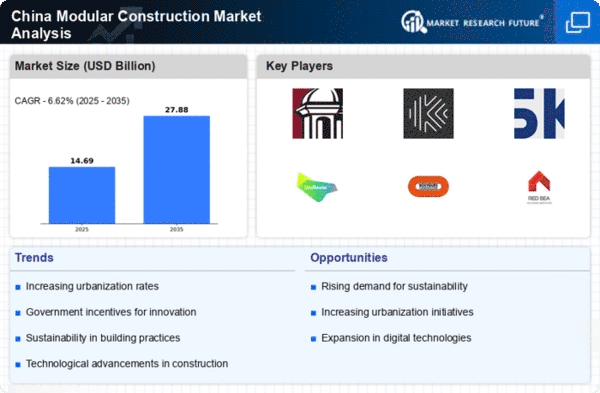
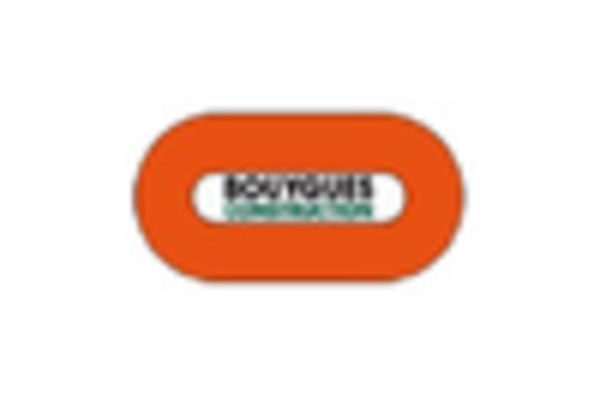
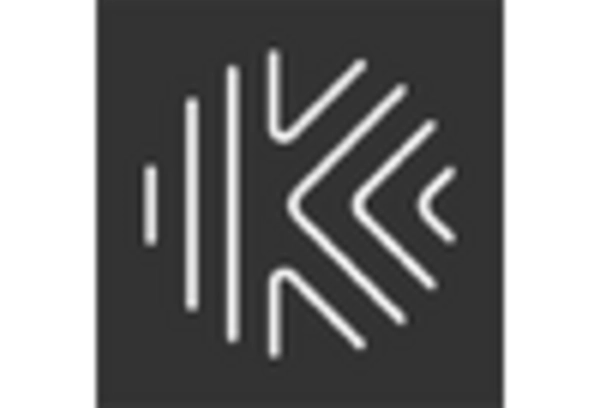
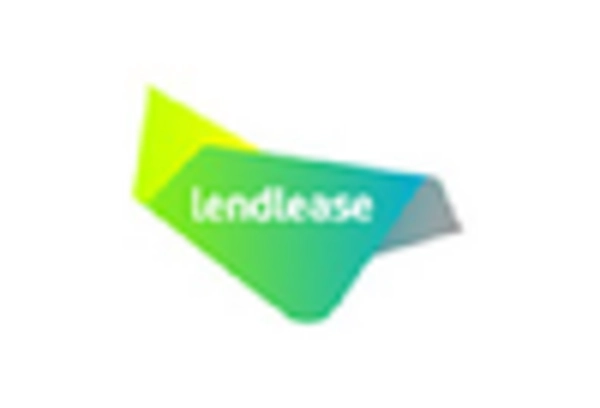

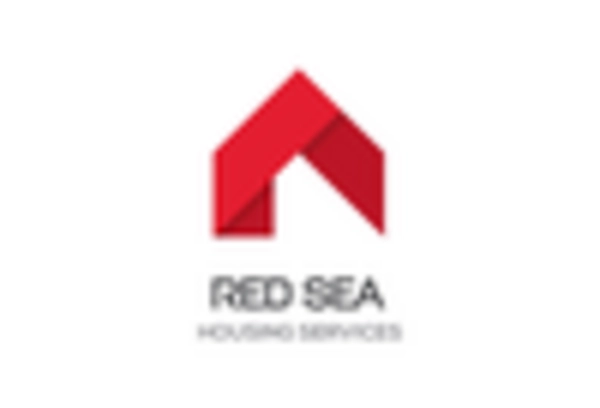










Leave a Comment